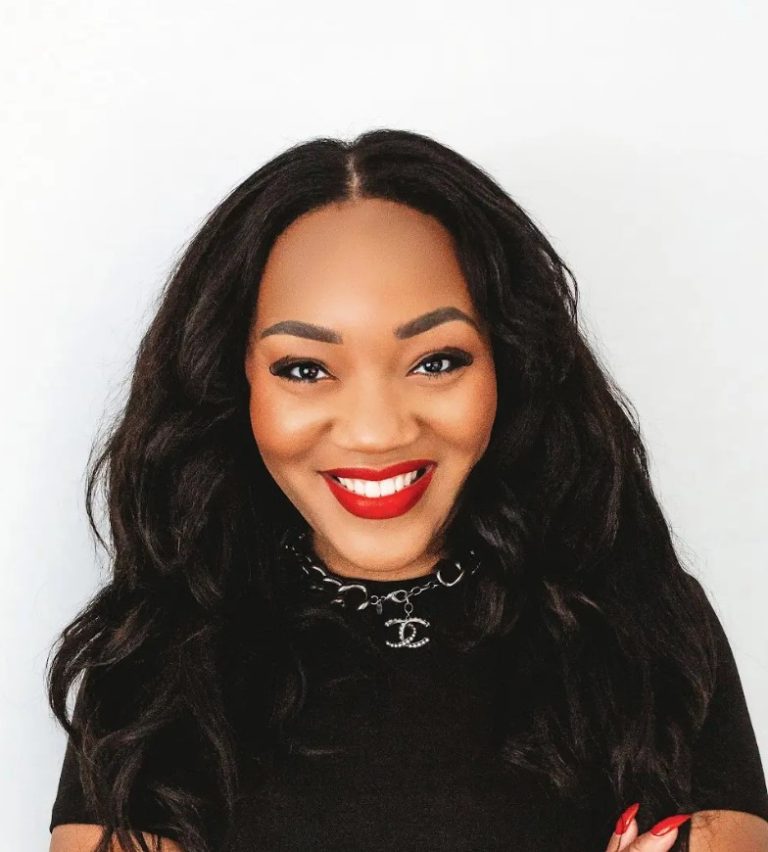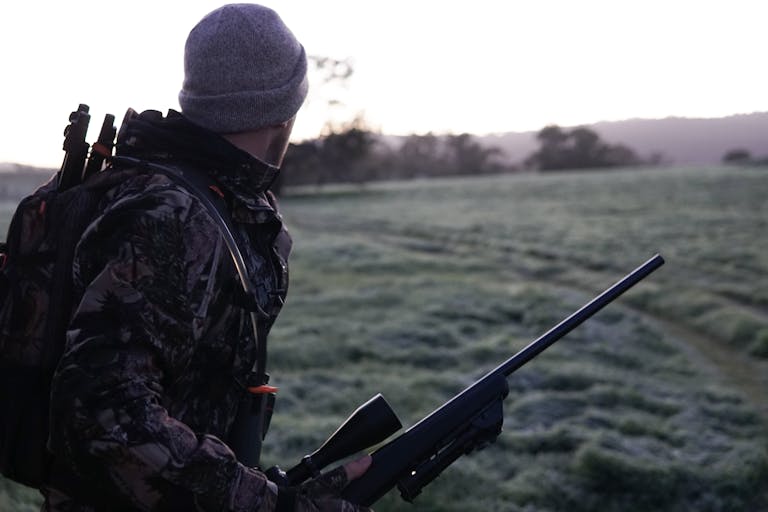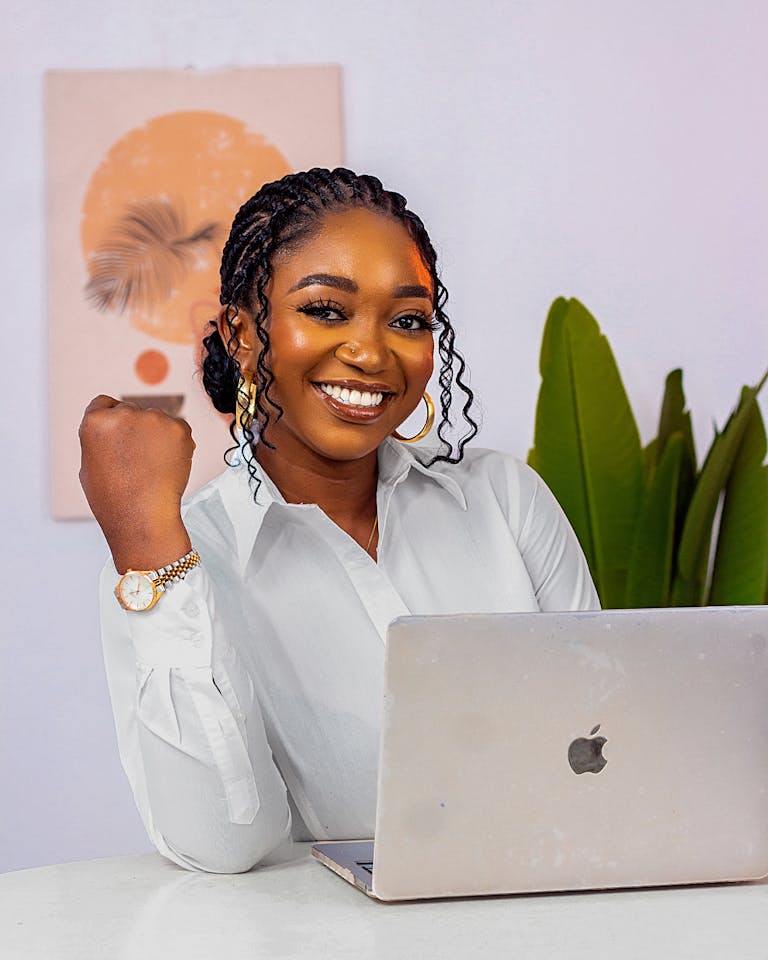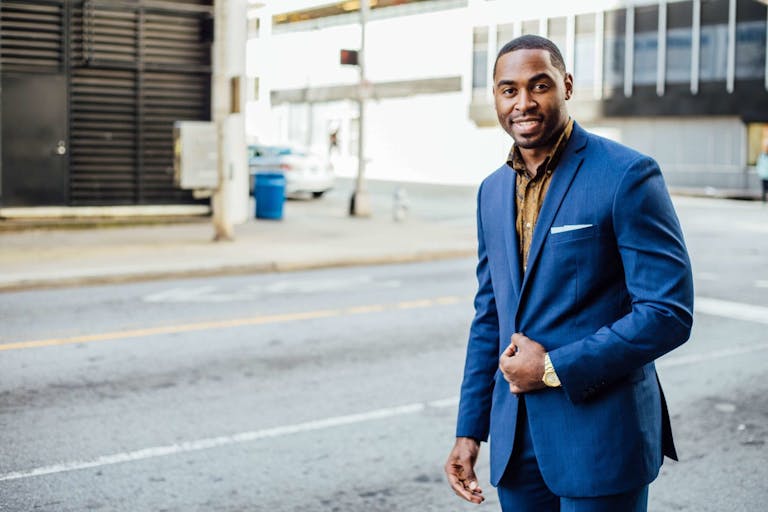The 3 Legacy-Building Mistakes International Founders Make at Verona Trade Fairs
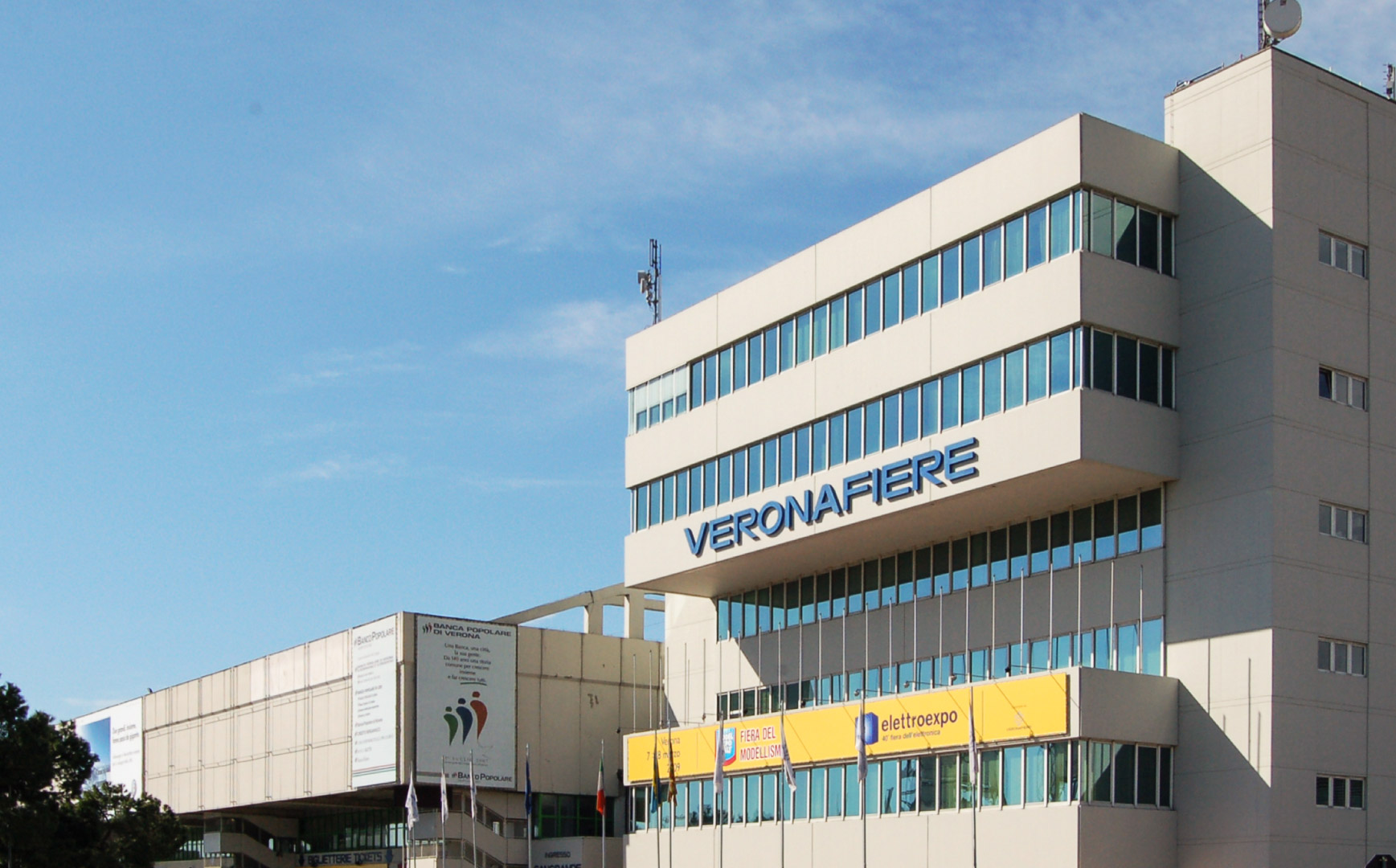
The sound is the first thing that hits you. It’s a rising chorus of a hundred languages, the clinking of glasses, the sharp ring of a hammer on marble, the digital chime of a dozen simultaneous virtual meetings. This is the 120 years of Fiera di Verona, since 16th March 1898, starting with FieraCavalli. The air crackles with ambition.
Learn How to Leverage Your Story through our Story To Asset Framework.
If you’re reading this, you are likely one of the thousands of international founders, CEOs, and executives who descend on Verona for world-renowned trade fairs like Vinitaly or Marmomac. You are a hunter. You’ve invested hundreds of thousands of euros or dollars in your booth, your team, and your travel. You are here to do deals, to hit your numbers, and to grow your business.
This is, of course, the point. But what if it isn’t?
According to Obehi Ewanfoh, a legacy consultant, author, and founder of AClasses Media who has called Verona home for over 20 years, this transactional mindset is a strategic trap.
“I have watched this ritual for two decades,” Obehi notes. “I’ve seen brilliant, driven founders, leaders from all over the world arrive with a laser-focus on the deal. And I’ve watched them, year after year, succeed in that goal. They get the purchase orders. They find distributors. They collect business cards.”
“And in doing so,” he continues, “they walk away with 10% of the true value, leaving the other 90%—the legacy—on the table.”
His core insight is simple but profound: You are in the right classroom, but you are studying the wrong lesson.
Founders are so focused on the fair that they are missing the profound, actionable lesson of Verona itself. You are here to sell, but the city is trying to teach you how to last.
See also The Legacy of NC Mutual: Why Your Story is an Asset That Can’t Be Liquidated
The real ROI isn’t in the Fiera; it’s in the piazza. It’s in the DNA of the 4th-generation bottega (artisan shop) owner, the 100-year-old winery in Valpolicella, and the multi-generational family offices that quietly shape this region. They possess the one thing every founder is truly hunting for: staying power.
After two decades of observing this ritual, Obehi Ewanfoh has identified the three strategic, legacy-building mistakes international founders make when they come to Verona.
Mistake #1: You Focus on Your Product, Not Your Legacy
Many international founders arrive in Verona to sell stone, wine, machinery, or services. They have a 30-second “product pitch” that details specs, pricing, and their unique selling proposition. It’s polished, efficient, and completely forgettable.
Why? Because they are selling a “what.”
The local Verona brands they are competing with (or selling to) are not selling a “what.” They are selling a “why” that has been 100 years in the in the making. They are selling a protocol, a process, a story.
Obehi, who has not only observed these businesses but interviewed their founders and family office managers, often recounts a lunch with the owner of a small, 4th-generation cantina (winery) in Valpolicella.
“I asked him how he competes with the massive, modern wine conglomerates,” Obehi recalls. “He laughed and pointed to a faded, black-and-white photograph on the wall. It was his nonno (grandfather) standing on the same hill, with the same vines.”
“He told me, ‘They sell wine. I sell my grandfather’s promise. I sell the reason we plant this grape on this specific soil, the way my great-grandfather taught us. That is our protocol. The wine is just the proof.'”
That pitch isn’t a spec sheet; it’s a story. And it’s unbeatable.
The Lesson: Your international clients are drowning in products. They are starving for meaning. When you lead with your product, you are just another vendor. When you lead with your story, your “why,” your mission, your protocol, you become a partner.
See also From Presenter to Powerbroker: The June Sarpong Blueprint for Diaspora Leaders
You are not just a founder from Nigeria or London; you are the bearer of a unique legacy. Are you communicating that? Or are you just showing them a price list?
Mistake #2: You Treat Your Story as a “Soft Asset,” Not a Hard Asset
For most international founders, their “story” is the “About Us” page on their website. It’s a “soft” asset, an afterthought, something to add “color” once the real business of sales decks and P&L sheets is done.
Here in Verona, a family’s story is the hardest asset they own.
It is carved into the marble crest above their portone (main door). It is embossed on their label. It is the name of their company. It’s what they lead with, not what they end with.
These multi-generational businesses have instinctively done what Obehi Ewanfoh now teaches his clients to do strategically with AClasses Media’s proprietary Story to Asset Framework™.
They have transformed their intangible narrative into tangible, high-value assets.
The family history, bound in a small leather book on the counter of their shop, is not just a decoration; it’s a Legacy Book. It’s a high-status sales tool that answers every question about quality, trust, and values before the buyer even asks.
The short, beautifully shot film about their nonno’s craft is not a “social media video”; it’s a Legacy Film. It’s an “immortality-builder” that emotionally connects a new generation of clients to a 100-year-old promise.
The Lesson: Founders are coming to Verona to ask for high-value contracts while leaving their most powerful, high-value sales tool at home. A sales deck gets you a meeting. A Legacy Book or Legacy Film proves your legacy before you even walk in the room.
It changes the entire frame of the conversation. You are no longer a vendor asking for a deal; you are a fellow legacy-builder offering to collaborate.
Mistake #3: You Confuse Networking with Connecting
This is the most painful mistake to watch. Many international founders come to “network.” They run from booth to booth, a stack of business cards on one hand, their phone in the other, playing a game of quantity. 100 new cards. 200 new LinkedIn connections.
They have “networked,” but they have not connected.
Here, business is not transactional; it’s relational. It’s built on 10-year relationships, not 10-minute meetings. The real deals, the ones that build empires, don’t happen at the booth.
They happen at 9 PM, over a two-hour dinner at an osteria you can’t find on a map. They happen because a trusted consigliere (advisor) made a call. They are built on trust, on shared values, on a human-to-human connection.
This is a lesson Obehi Ewanfoh had to learn firsthand.
When he arrived in Verona from Nigeria 20 years ago, he was an outsider. He didn’t have the contacts. He didn’t have the legacy. But he was curious. He was driven by a deep need to understand the stories of the African diaspora members who had come before him.
Instead of “networking” at a fiera, he embarked on a 10-year cultural research project, “The Journey,” which became a series of books and documentaries. He sat for hundreds of hours in people’s homes, at their kitchen tables, not to “network,” but to listen. He wasn’t collecting contacts; he was collecting their stories. He was building a community, one narrative at a time.
That decade of deep, authentic connection, not networking, is the entire foundation of his consultancy, AClasses Media, today. It’s the core of his SANKOFA Project, which connects diaspora founders back to their ancestral legacy.
The Lesson: Stop collecting contacts and start building a community. You are not just here to find clients; you are here to find your legacy partners.
Ask a different set of questions. Instead of “What do you do?” ask “Why do you do it?” Instead of “What’s your price?” ask “What’s your story?”
Stop Building a Booth. Start Building a Legacy.
The trade fair is your entry point. But Verona is your classroom. Don’t just come here to sell. Come here to learn from the masters of longevity. Come here to transform your mindset from transactional to transformational.
The work of Obehi Ewanfoh and AClasses Media is built for this very transformation. He is not just a consultant; he is a 20-year legacy strategist who bridges the gap between the ambition of new-world founders and the wisdom of old-world legacy.
Your trip to Verona is already on the calendar. While you’re here, let’s schedule a 15-minute Legacy Strategy Call. We’ll grab an espresso at a pasticceria in the shadow of the Arena, and Obehi will show you how to turn this single trip into a 100-year legacy.
Stop at the booth. But don’t stop with the booth. It’s time to build beyond the deal.


